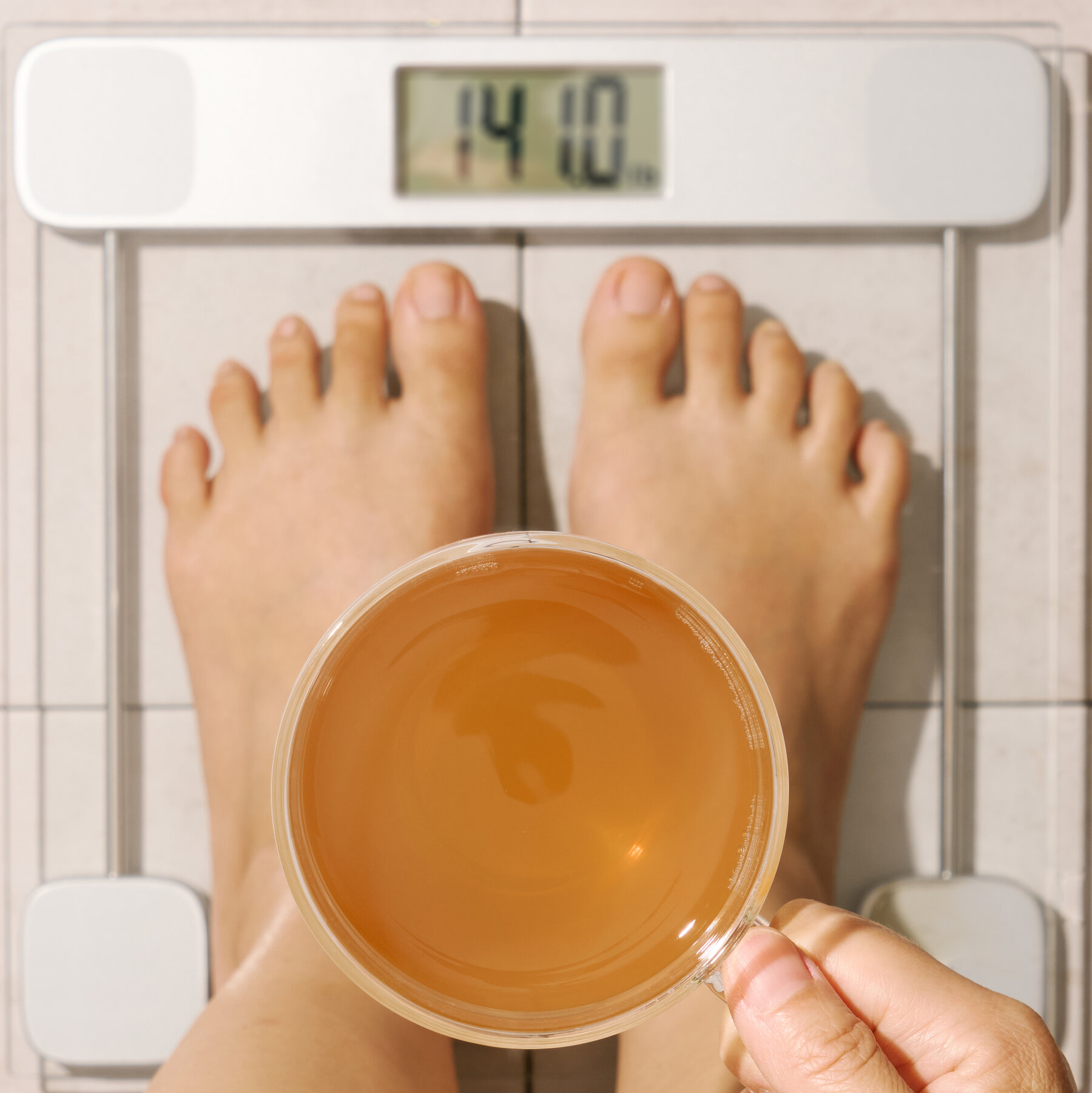Mountain tea, a broad term often referring to herbal infusions made from plants grown in high-altitude regions, can be a supportive element in a weight management plan, though it is not a standalone solution. The specific plant species (e.g., Sideritis, or various local herbs) will determine its precise properties.
Potential Contributions to Weight Management
While not a direct "fat burner," certain mountain teas may assist weight management through several indirect mechanisms:
- Hydration: Staying hydrated is crucial for optimal metabolism. Unsweetened mountain tea provides hydration without adding calories, making it a better choice than sugary drinks.
- Calorie Displacement: Substituting high-calorie beverages like sodas or sweetened coffees with plain mountain tea can significantly reduce overall calorie intake.
- Mild Diuretic Effect: Some herbal mountain teas may possess gentle diuretic properties, helping to reduce temporary water retention and bloating. This is water weight loss, not fat loss.
- Appetite Regulation: Drinking warm tea can promote a feeling of fullness, potentially helping to manage appetite and reduce an individual's inclination to overeat or snack unnecessarily.
- Improved Digestion: Certain traditional mountain teas are reputed to aid digestion. A healthy digestive system is important for overall well-being, which can indirectly support weight management efforts.
- Stress Reduction: The ritual of preparing and drinking tea can be calming. Chronic stress can lead to increased cortisol levels, which may contribute to weight gain, particularly around the abdomen.
Key Considerations for Weight Loss
To maximize any potential benefits from mountain tea for weight management:

- Consume Unsweetened: Adding sugar, honey, milk, or cream will introduce calories, counteracting potential weight management benefits.
- Integrate into a Healthy Lifestyle: Mountain tea should complement a balanced diet rich in whole foods and regular physical activity. It cannot compensate for poor dietary habits or a sedentary lifestyle.
- Variety Matters: The specific phytochemical composition varies greatly among different "mountain teas." Some may have more relevant compounds (e.g., antioxidants, mild stimulants if it's a caffeinated variety, though many are herbal) than others.
- Manage Expectations: Scientific evidence directly linking most generic "mountain teas" to significant, direct fat loss is often limited. Benefits are typically supportive and indirect.
In essence, mountain tea can be a healthy, enjoyable, and low-calorie beverage choice that supports overall hydration and well-being, potentially aiding weight management efforts when part of a comprehensive healthy lifestyle.











